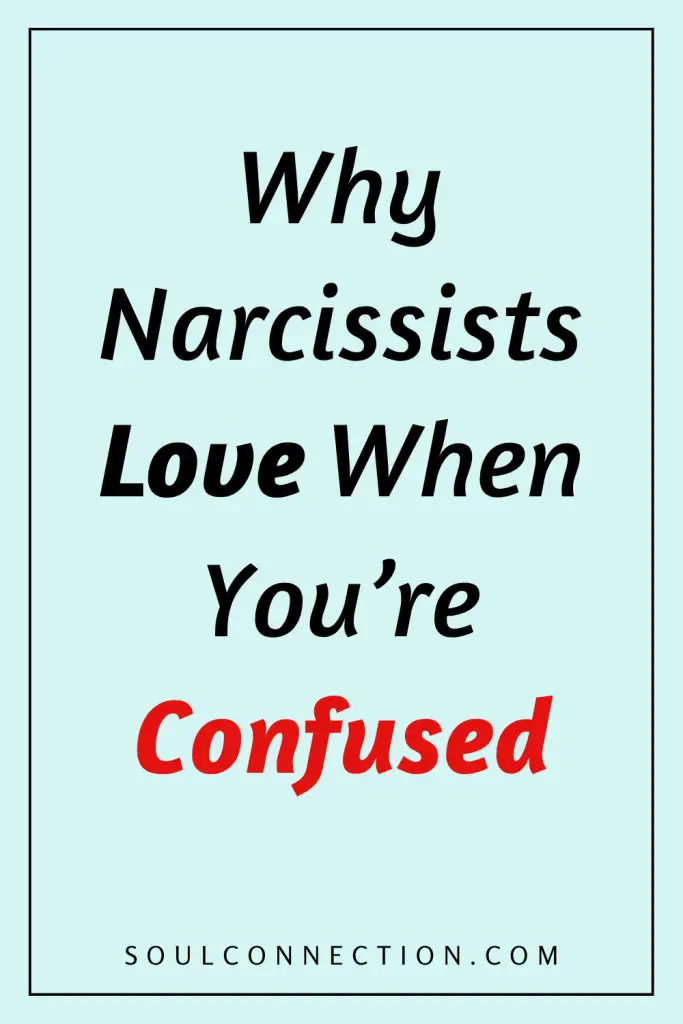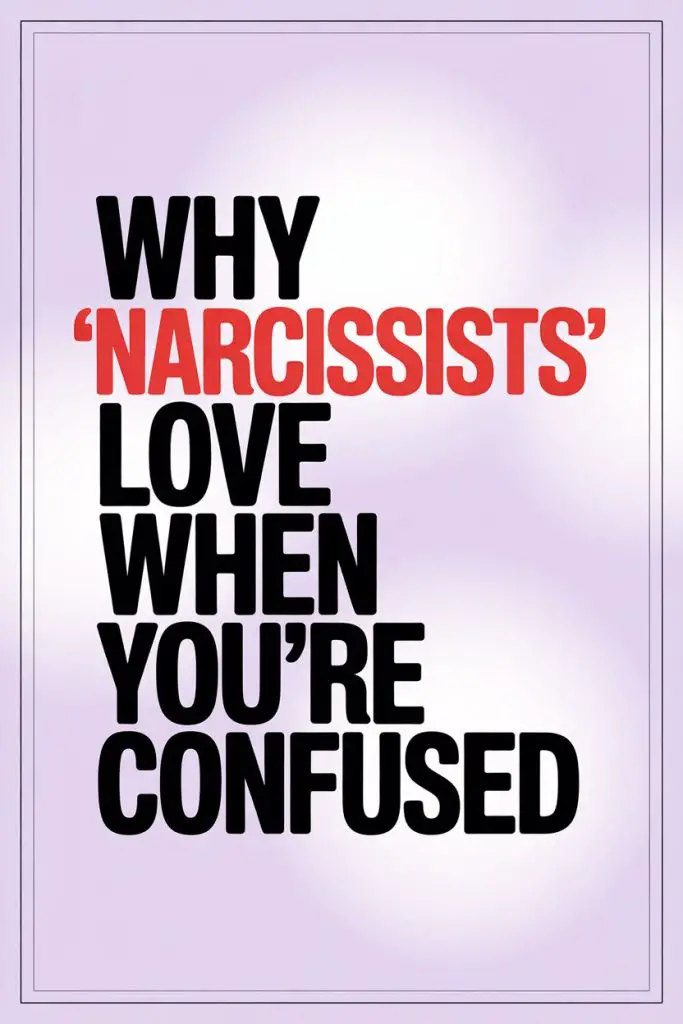Ever walked away from a conversation feeling like your brain got caught in a tumble dryer? If you’re dealing with a narcissist, confusion isn’t just a side effect—it’s the main course.
Let’s unpack why narcissists seem to practically salivate over your bewilderment, and what you can do to keep your head on straight when the gaslighting fog starts rolling in.
Confusion Is Their Favorite Toy
Narcissists get a kick out of confusion the way toddlers get a kick out of bubble wrap. It’s crackling, it’s fun, and it makes them feel powerful.
When you’re lost in the weeds, they’re calling the shots. It’s not about chance—it’s strategy.
Keeping you confused creates a power imbalance, and narcissists adore being the one holding all the puzzle pieces. Their logic often runs circles around itself, but that’s exactly the point.
You’re left second-guessing yourself, and they get to play puppet master, pulling strings while you wonder if you’re seeing things straight.
Gaslighting: The Art of the Mind-Bend
If you’ve ever found yourself apologizing for being upset about something your partner swears never happened, welcome to the funhouse—gaslighting is probably at play.
Narcissists twist facts, deny conversations, and rewrite history on the fly, not because they forgot, but because they know it leaves you spinning.
The more confused you feel, the less likely you are to challenge them. If you can’t trust your own memory, who are you to confront theirs? Mission accomplished.
Control Without Chains
Forget the handcuffs—confusion is the real restraint. Narcissists prefer subtlety over brute force.
When you don’t know where you stand, you keep asking them for clarity, approval, or reassurance. That puts them in charge of your emotional thermostat.
They’re not after your opinion; they’re after your dependence. Each time you ask, “Am I overreacting?” or “Did I misunderstand?” you’re giving them another chance to tighten their grip.
Secure the Spotlight
Narcissists have a black hole where most people have a sense of self-worth. Confusion keeps all eyes on them. As you seek answers, explanations, or just a crumb of logic, they bask in your attention.
If you get wise to their tricks, the spotlight dims. They crave it like caffeine in a Monday morning meeting—your confusion guarantees they’ll get another hit.
Shifting the Blame Game
Mistakes? Not in their vocabulary.
If you’re too busy trying to figure out what just happened, you can’t point fingers. Narcissists love a good blame shift, and confusion is their distraction tactic.
You might even find yourself apologizing for issues they started—a classic magic trick, minus the rabbit.
Erosion of Self-Trust
Over time, repeated confusion chips away at your self-trust. It’s not just that you don’t know what’s real; you start believing you’re the unreliable one.
Suddenly, double-checking texts, second-guessing your feelings, and seeking external validation become normal. Narcissists thrive in this environment—doubt is fertilizer for their control.
Why It Works So Well
Confusion works because it’s exhausting. No one has endless mental energy to spend untangling every conversation.
After a while, it’s tempting to just give in and agree to whatever version of reality the narcissist is peddling.
It’s not about intelligence—rocket scientists can get caught in this trap. Emotional manipulation doesn’t care about IQ. It targets your heart, your trust, and your very sense of reality.
Spotting the Patterns
Not every confusing person is a narcissist, but you’ll spot some recurring greatest hits:
- Conversations leave you more puzzled than when you started
- You regularly question your memory or sanity
- Their stories change depending on the audience
- You feel a nagging sense of guilt, even when you haven’t done anything wrong
If you’re seeing these signs on repeat, you’re not imagining things. There’s a method to the madness.
How to Clear the Fog
Confusion isn’t invincible. Here’s how to start cutting through it:
Document everything
Keep notes—yes, even the “silly” stuff. It’s not paranoia, it’s self-defense. If they say one thing Monday and another thing Friday, you’ll have the receipts.
Trust your gut
That little voice in your head? It’s not broken. If something feels off, don’t ignore it just because it’s inconvenient.
Limit the debates
Narcissists love a circular argument. If you find yourself rehashing the same topic, it’s okay to walk away. Not every point needs to be proved.
Bring in a reality check
A trusted friend or therapist can help you sort truth from fiction. Sometimes, just having someone else say, “No, you’re not crazy,” makes all the difference.
Set boundaries—and stick to them
Clear lines are a narcissist’s worst nightmare. You don’t have to justify every boundary, either. “No” is a complete sentence.
Building Your Resilience
Getting back your clarity takes time, but it’s entirely possible. The antidote to confusion is self-trust—a muscle that gets stronger the more you use it.
Celebrate small wins, like catching a contradiction or standing your ground in a circular argument. Each success is proof that you can rely on yourself.
Remember that true intimacy never thrives in an environment of confusion. Real love looks like mutual understanding, not a never-ending episode of The Twilight Zone.
The Takeaway Narcissists Hope You Never Figure Out
Narcissists love your confusion because it hands them the keys to the castle. But confusion isn’t your permanent address—it’s a tactic, not your truth.
The moment you start trusting your instincts and setting boundaries, the fog begins to lift. You can’t control whether someone else plays mind games, but you can always choose to step off the board.
Your reality isn’t up for negotiation. Neither is your peace of mind.


